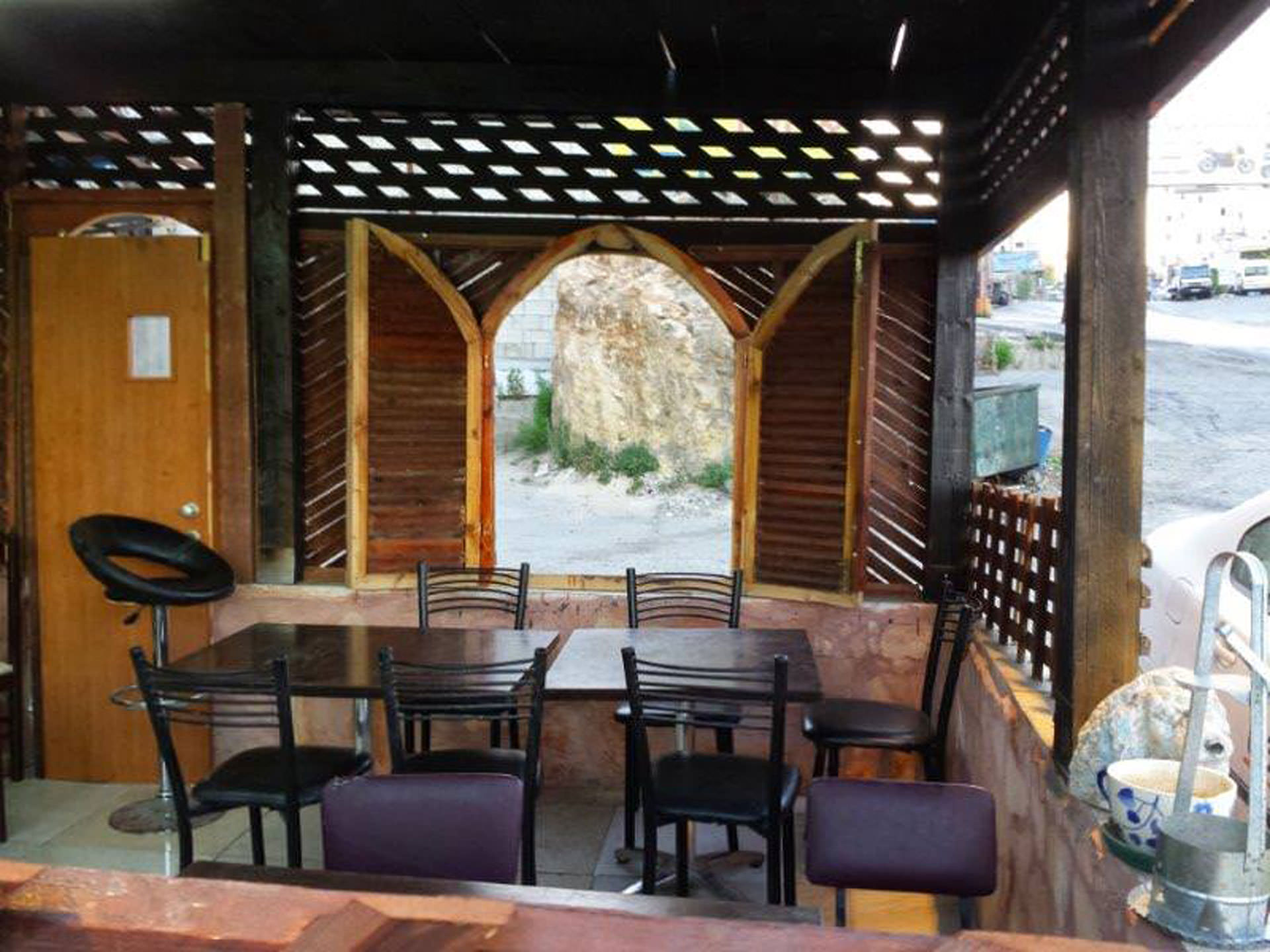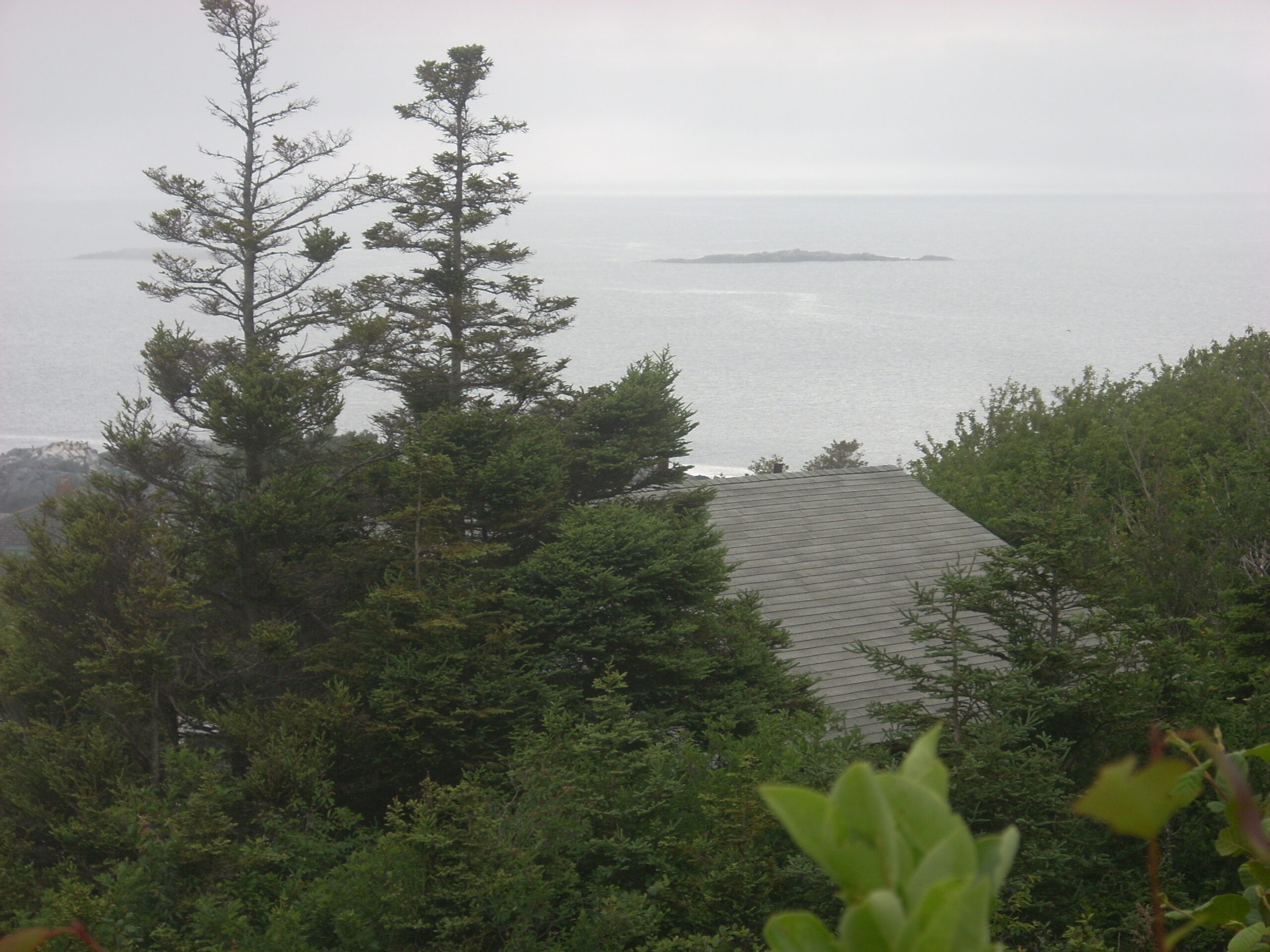
Meals
Meals are a kind of daily celebrations. Bashar had many meals with my family and I had many meals together with his family or with his friends. I like to eat with them. Since both food and table manners are highly dissimilar in our cultures, we needed to learn anew how to eat (in each other’s cultures).
Snack bars, from which both Bashar and I liked to eat as described above, were introduced in the Netherlands long before the concept of “fast food” infested the Western world. Many Dutch snack-bars have walls of heated coin-operated hatches, with goodies, croquettes being among the most popular (White & Boucke, 2006). No snack bars in Bedouin culture. Food is homemade and always excessive. One of my favorite dishes is “maqluba”, a Palestinian upside-down rice and eggplant casserole, hence the name which is literally translated as “upside-down”. It is sometimes made with fried cauliflower instead of eggplant and usually includes meat, often braised lamb (Maqluba, 2011). No meal is served without bread. Bread is so central, that Bashar, like many a Bedouin, would feel that if at a meal there was no bread, something crucial was lacking. This could be compared with the experience of people from other cultures as regarding the centrality of certain ingredients in a meal, such as salt, spices, or rice.
Among the Palestinian Bedouins, hot meals are eaten between noon and midnight. Food is often served on an enormous platter. Everyone present is invited. This could also be the neighbor or the client in the garage, if the workers happen to eat at that time. There are no fixed seats and anything that can function as a table for the food will work out. For large groups, food platters may be placed on the floor. One not necessarily starts or finishes the meal at the same time. People eat from the main platter and diners usually do not have their own plate. People mostly take the food with their hands, though they may have a fork or a spoon. They use pieces of pita bread in a manner in which Europeans or Northern Americans would use a fork. Knives are rarely utilized. Food is usually served in one course. At the end of a meal, there may be large quantities of food left. After dinner hand brewed Bedouin coffee and/or tea will be offered








